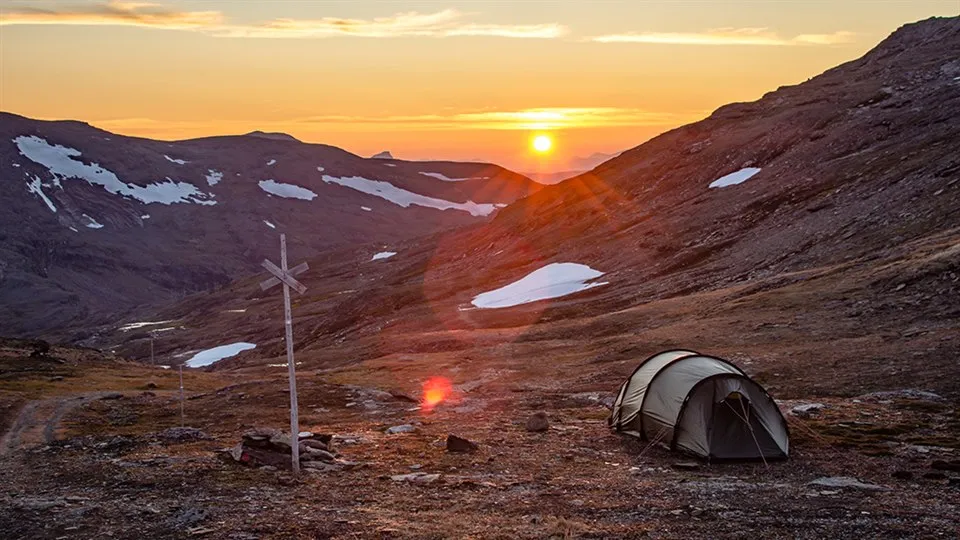Behaviours, policy instruments and development
It can be difficult to change old habitual patterns of behavior, this applies to most people, including those active in sports and outdoor life. Therefore, with knowledge and collaboration, we wanted to explore new ways to achieve change in our pursuit of a more sustainable sport and outdoor life.
The research theme
It is a great challenge to try to create behavioural change, both at the individual and at the societal level, and the sports and outdoor sector is no exception. Getting people to make more environmentally friendly decisions about their sports and outdoor activities will take time and is a complex process.
Knowledge, development and analysis
The change work needs to include knowledge about the background to how Swedish sports and outdoor life work today, while at the same time we aim to develop and analyze future solutions with the aim of creating sustainable behaviors. Understanding how policies and behaviors can use digital solutions is also part of the work.
The work to understand and develop policy and behaviour also needs to include different levels of Swedish public administration and public authority responsibility, but also private and public actors and organisations in the field as well as different groups of visitors, users and consumers.
Important to understand attitudes and behaviors
We had the ambition to explore new ways to achieve change towards a more sustainable sports and outdoor life and come up with proposals for a new framework for Swedish national policy in the area. Here, it was particularly important to better understand attitudes and behaviors in this area in order to get the best possible effect and acceptance of changes in approaches and working methods.
The work in this theme took place in close collaboration with the other research themes in the programme.
Result
Read about the theme's results in the final report on Mistra Sport & Outdoors phase 1 (pdf)
Read about the theme in Mistra Sport & Outdoor's final popular science report (pdf) in Swedish
Research group
- Dimitri Ioannides, theme leader, Professor of Human Geography at Mid Sweden University
- Peter Fredman, Professor of Tourism Studies at Mid Sweden University
- Cecilia de Bernardi, PhD in Tourism Studies at Mid Sweden University
- Daniel Wolf-Watz, PhD in Human Geography at Mid Sweden University
- Louise Eriksson, Associate Professor of Psychology at Umeå University
- Stefan Linde, PhD in Political Science at Mid Sweden University
- Samudika Weliweriyage, PhD student in tourism studies at Mid Sweden University
Learning group
The learning group within the theme Behaviour, Instruments and Development worked to develop knowledge and solutions within the following question:
How can we create a more coordinated and integrated decision-making that leads to increased environmental sustainability in sports and outdoor life?
- What combination of policy instruments, strategies, measures and applications in sports and outdoor life has the best potential to contribute to a movement for increased environmental sustainability in society?
- How can sports and outdoor life guide consumers, companies and organizations to create more sustainable behavior?
The learning group consisted of the following actors:
- Region Västerbotten, Kajsa Åberg
- Swedish Environmental Protection Agency, Tomas Chicote
- The Swedish Sports Confederation
- Swedish Association of Leisure and Culture Managers, Ingrid Thylin
- Swedish Tourist Association, Daniel Skog
- Keep Sweden Tidy, Mikael Drackner
- Researchers: Dimitri Ioannides, Cecilia De Bernardi, Stefan Linde and Peter Fredman, Mid Sweden University
- Facilitator: Åsa Sund, Greengoat
